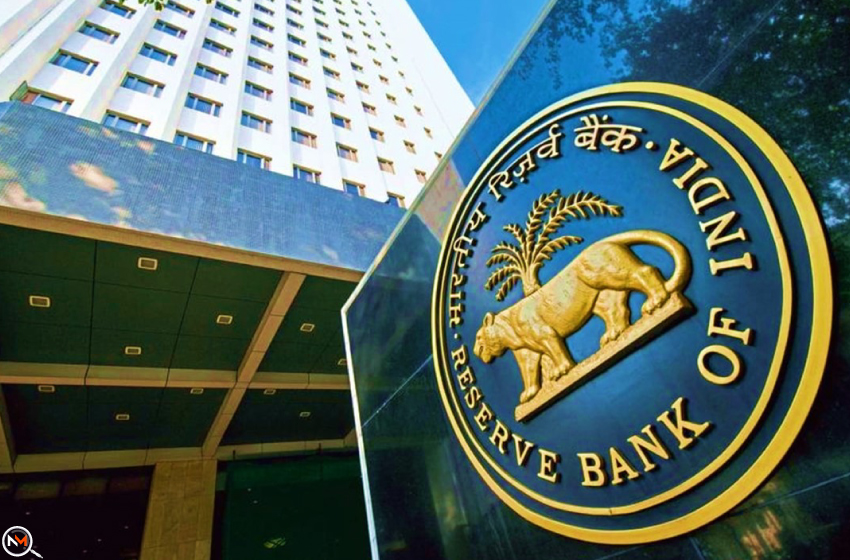
RBI Cancels Licence Of A Co-Operative Bank. Why So?
- Banks Business
 Radhika Dayal
Radhika Dayal- August 19, 2022
- 0
- 4 minutes read
On Thursday, the Reserve Bank of India (RBI), the central bank of the country, announced that it had revoked the licence of Deccan Urban Co-operative Bank. As RBI cancels licence of this Karnataka-based bank, there have been concerns mounting over the issue and if the central bank will take similar actions in the future.
RBI Cancels Licence Of Deccan Urban Co-operative Bank. Why?
The central bank revoked the license of the aforementioned bank as it failed to comply with requisite capital and earning prospects, which was against the requirement of RBI regulations. According to the data submitted by this bank over 99% of the depositors of this bank were entitled to obtain a full refund of the deposits that they made from the Deposit Insurance and Credit Guarantee Corporation (DICGC).
The RBI mentioned that a person with a monetary ceiling of INR 5,00,000 can claim all their funds from the DICGC.
The reasons for the seizure of the licence were mentioned in detail in an RBI press release. It stated that:
- The bank does not have adequate capital and earning prospects. As such, it does not comply with the provisions of Section 11(1) and Section 22 (3) (d) read with Section 56 of the Banking Regulation Act, 1949.
- The bank has failed to comply with the requirements of Sections 22(3) (a), 22 (3) (b), 22(3)(c), 22(3) (d) and 22(3)(e) read with Section 56 of the Banking Regulation Act, 1949;
- The continuance of the bank is prejudicial to the interests of its depositors;
- The bank with its present financial position would be unable to pay its present depositors in full; and
- The public interest would be adversely affected if the bank is allowed to carry on its banking business any further.
RBI regulations have been becoming stringent over time and might even cause unprecedented changes in the future. As RBI cancels licence of this bank, we can rightly see that the DICGC is under pressure to pay back the deposits to the affected account holders. But we are sure it might not be much of a problem for the organisation as it is always ready for such untimely intimations.
Recently, the RBI policy repo rate hike for the third time in a row due to inflation was another blow to the banking industry of the country. The policy repo rate had been increased by 50 basis points to 5.4%, higher than the estimated hike of 30 basis points (though the range did extend to 50 bp). It resulted in a total 140 bps hike in the policy interest rates this year. When the SDF rate and the liquidity conjunction are considered it led to about a 180 bps effective hike within the first few months of FY23.

